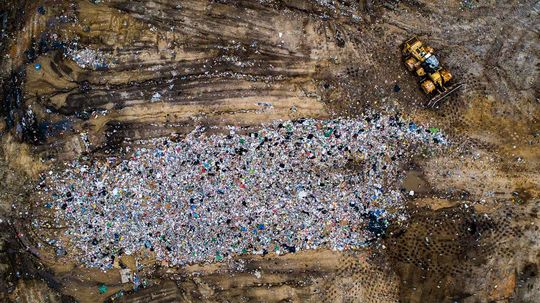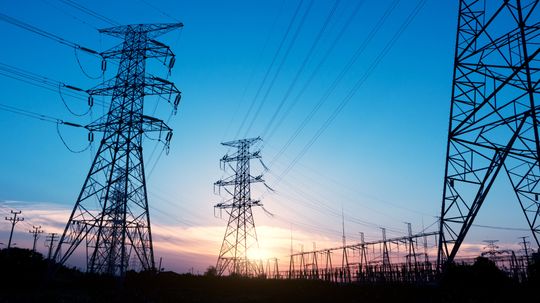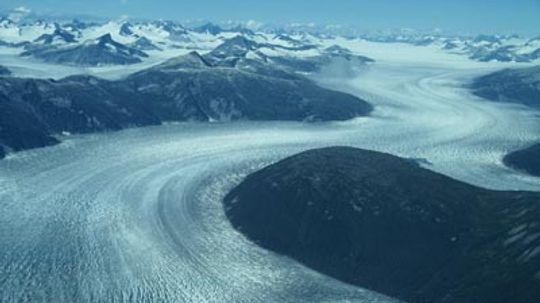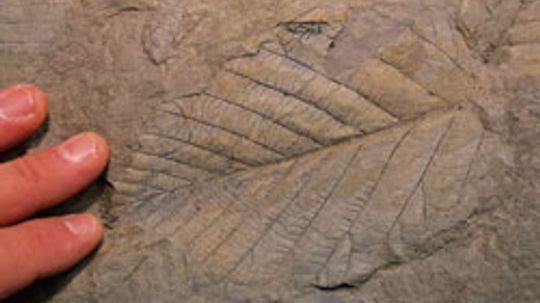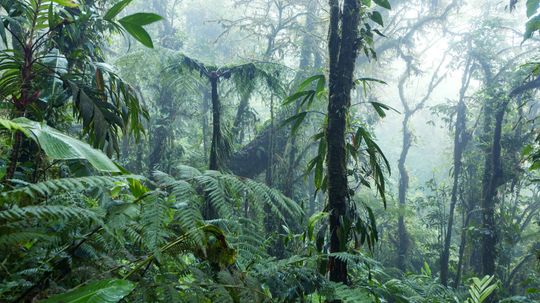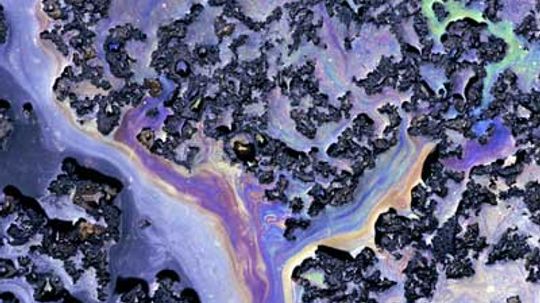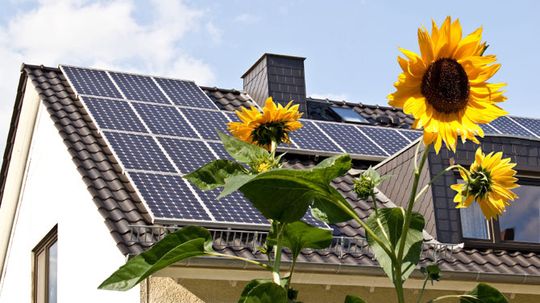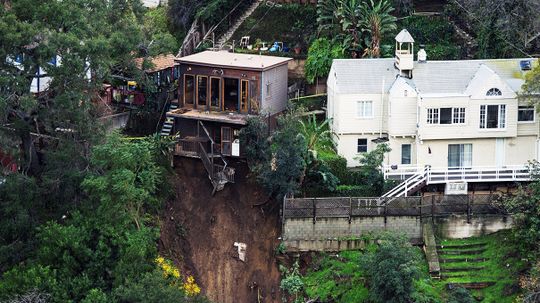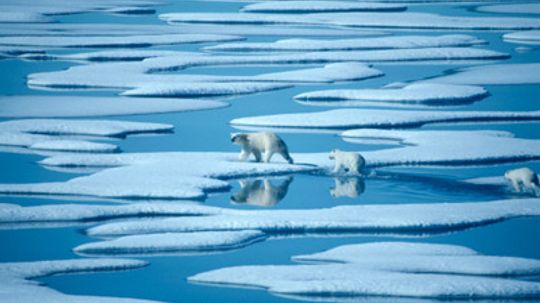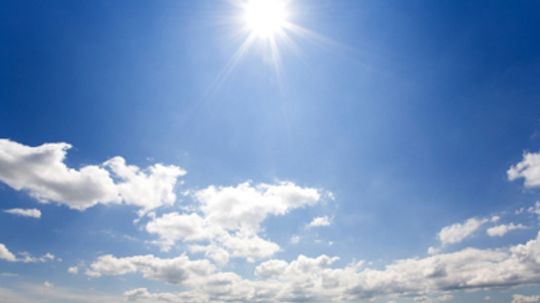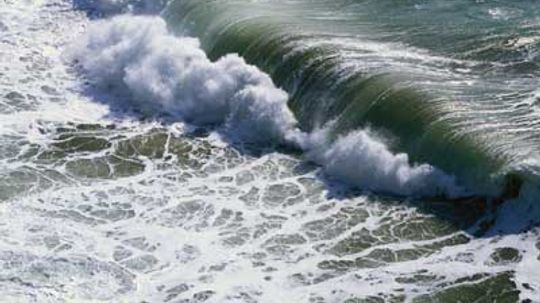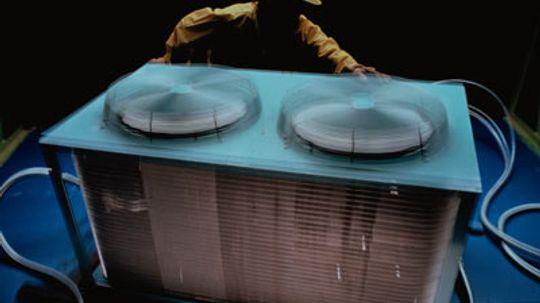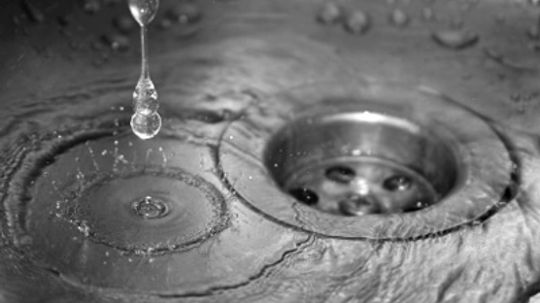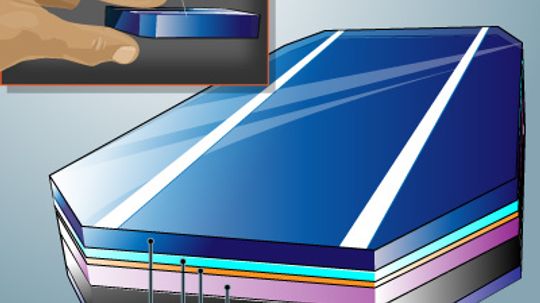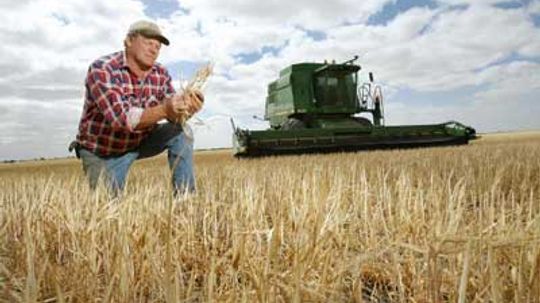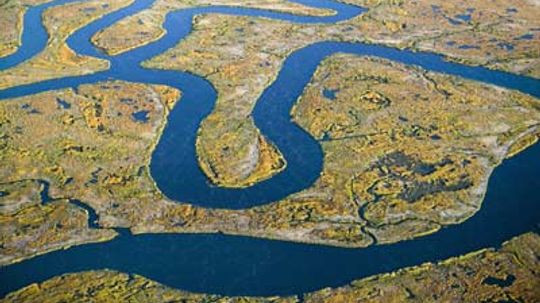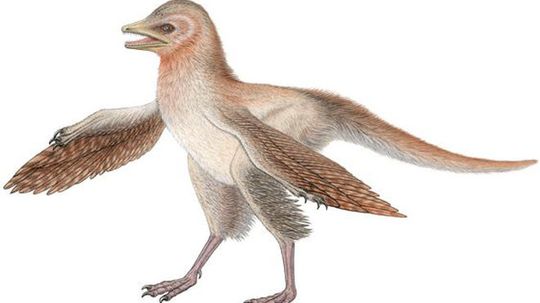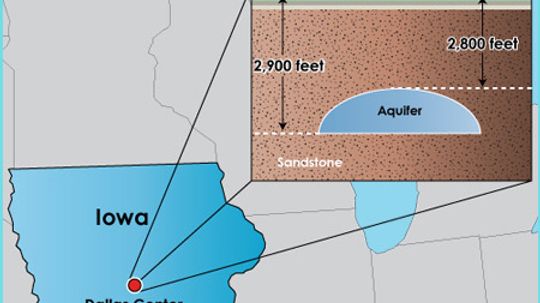Environmental Science
The environment is truly a thing of beauty and should be protected whenever possible. What can we do to save the environment, and what new technology is available to help us?
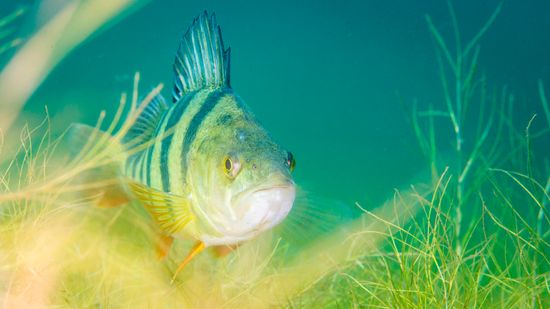
The Fish Doorbell Isn't a Joke ... Seriously
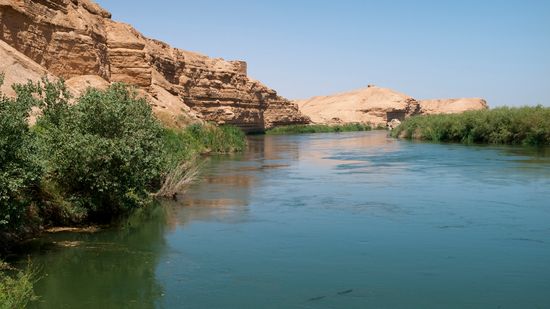
The Euphrates River, at the 'Cradle of Civilization,' Is Drying Up
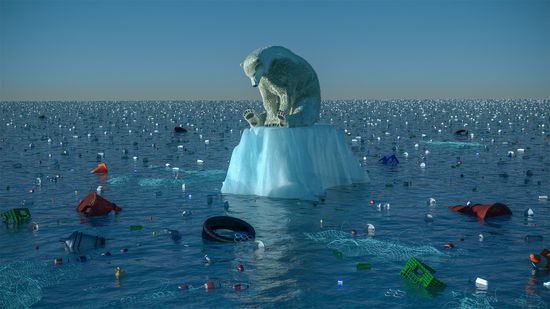
Study Says 2035 Is Climate Change Point of No Return
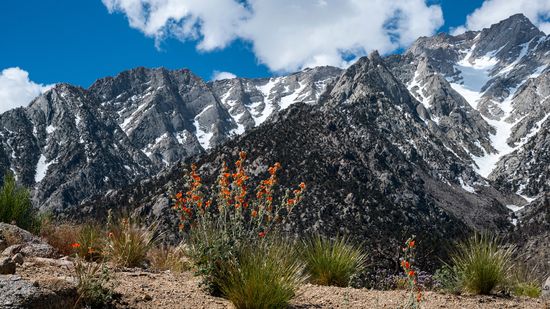
What State Has the Most Mountains in the U.S.? 8 Peak Records
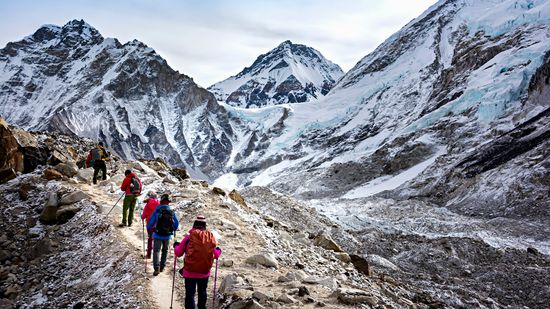
The Most Dangerous Mountain to Climb (and 14 Giving Steep Competition)
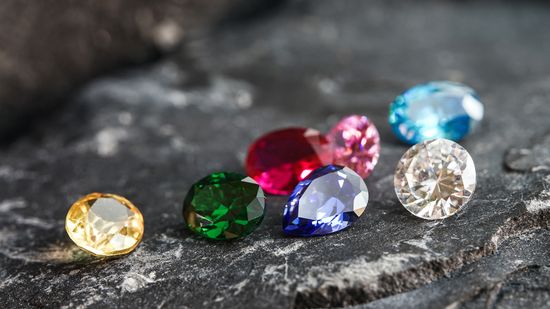
15 Types of Gemstones to Add a Little Sparkle to Your Life
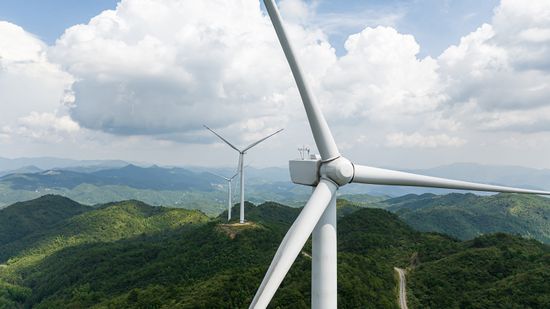
How Many Birds Are Killed by Wind Turbines, Really?

How a Lithium Mine Works and Impacts Local Communities
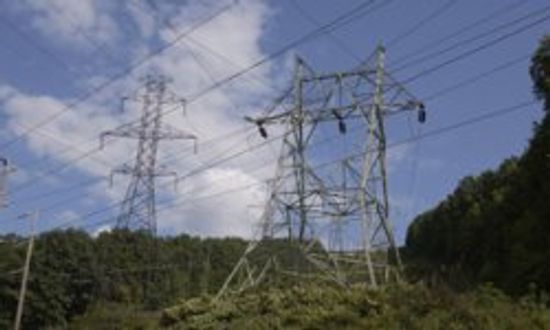
How to Sell Electricity Back to the Grid
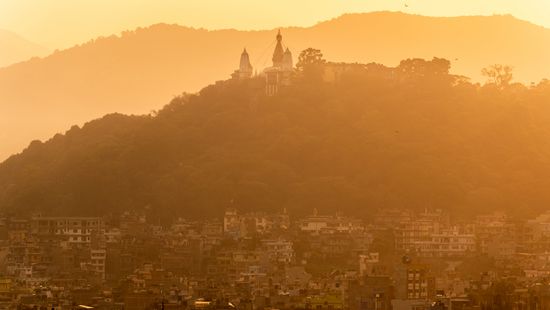
The Worst Air Quality in the World Is in Mountainous Terrain

The World Hits 8 Billion People; Is That Good or Bad?
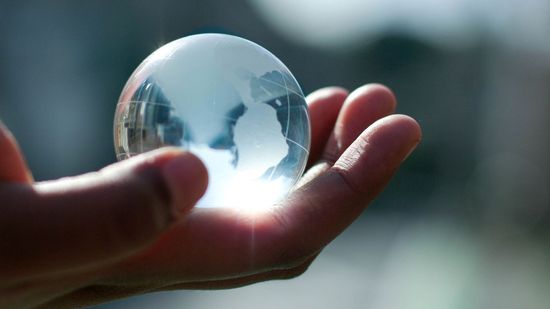
Quiz: Can You Tell Climate Change Fact From Fiction?

6 Most Futuristic Cities Powered by Renewable Energy
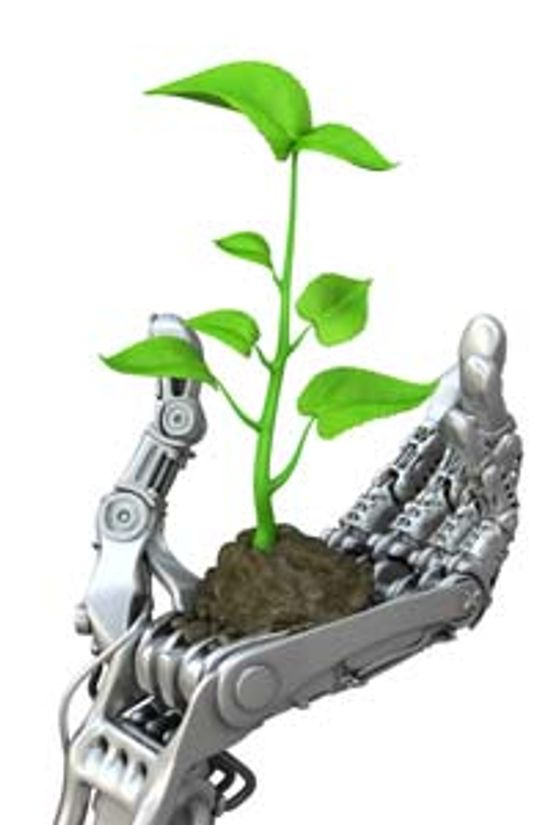
Top 5 Green Robots
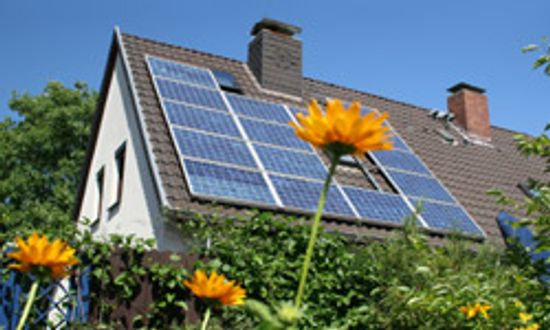
5 Things to Consider When Building a Solar-powered Home
Learn More / Page 7
What happens to all of that trash you put on the curb every week? It doesn't just disappear into a parallel universe. Much of it probably goes to the local landfill, and how it gets handled there is a very involved system.
OK, so volts measure the potential for energy to travel and ohms measure the resistance to the electrical flow, but what are amps and watts?
By Dave Roos
The polar ice caps have been in the news recently because of their alleged shrinking due to global warming. How much would the oceans rise if the ice caps melted completely?
By Marshall Brain & Sascha Bos
Advertisement
Carbon-14 dating is something that you hear about in the news all the time. Everything from mastodons to the Shroud of Turin has been dated using this technique! Learn about how carbon-14 dating works and why it is so accurate!
The Deepwater Horizon oil rig disaster has generated renewed interest in the way we search for oil. What methods do we use to find and extract this commodity from the Earth?
Tropical rainforests are the most diverse ecosystems on Earth, and also the oldest. Today, tropical rainforests cover only 6 percent of the Earth's ground surface, but they are home to over half of the planet's plant and animal species.
By Tom Harris
It's not really green. It's "green." Unlike asphalt, green pavement is permeable, which means it lets rain soak through to the ground rather than roll off. How does this help our environment?
By Debra Ronca
Advertisement
No one likes paying bills. But you wouldn't have quite so many if you lived off the grid. How do you create enough energy to ditch public utilities?
Earthquakes and volcanoes get all the press. But the landslides they trigger are often more devastating. What makes the ground suddenly rip downhill, taking trees and homes with it?
Thousands of women around the world choose to combat ecological problems -- they're known as ecofeminists. But what would you do if you found out your house sat atop a toxic waste dump?
Polar bears are facing a grim future as global warming melts their Arctic home. What problems are they up against and what's being done to save them?
By Julia Layton
Advertisement
The word "ozone" gets tossed around conversation as casually as a softball, but how many of us could really describe what the ozone layer is? The "hole" in it isn't exactly a hole.
By Jane McGrath
If you've ever walked the New York City streets in July, you've experienced the misery of this phenomenon. Why do cities heat up like furnaces while surrounding rural areas remain cooler?
By Jane McGrath
You might never notice the relentless movement of the oceans unless their waters went eerily still. What forces drive the oceans every second of the day?
Scientists say that as of May 2007,. more people now live in urban than in rural areas. So how do planners make cities work for all those people?
Advertisement
When gas prices shoot through the roof, alternative technologies start to look even more interesting. This one uses heat to create energy, and all we really need is the sun.
By Jane McGrath
Why waste drinkable water on your yard when your old bathwater will suffice? That's the idea behind gray water reclamation -- getting the most out of your water through reuse.
By Robert Lamb
You might think of solar panels as large racks of rigid panels on someone's roof, but newer solar cells are more flexible and efficient.
Scientists are stockpiling the world's seeds, organizing them in giant libraries of planting possibilities. Is every type of plant included? Or, are the seeds of pesky plants shunned?
By Debra Ronca
Advertisement
If oil shale can decrease U.S. dependence on foreign nations for oil, why aren't we making it yet? We're caught between a rock and a hard, geopolitical place.
By Josh Clark
Protecting the Earth is serious business for a radical group of environmental and animal activists dubbed eco-terrorists. Who are they? Why does the FBI consider them a top priority?
Ever wondered where all that rain goes after a storm? Most of it is absorbed by soil and plants, while watersheds carry the rest into nearby lakes and rivers.
It's not a trick; before you are a number of reptilian footprints in the rock. They're dinosaur tracks, preserved for thousands of years. But how did they possibly get there?
Advertisement
Some people believe that dinosaurs were relatives of today's birds. But, you might ask, if that's so, why didn't they have feathers? Funny you should ask.
Wind energy is great, but what happens when there's no breeze? The Iowa Stored Energy Park will store compressed air underground. Can it replace traditional energy sources?
